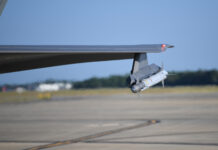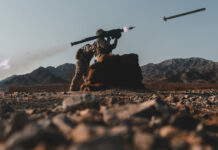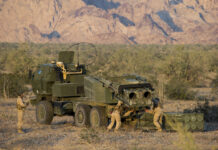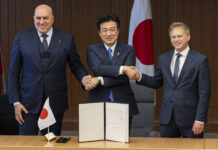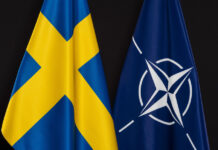Italy and Germany are considering cooperation on future combat vehicles. The Italian Army is looking for a successor to the DARDO IFV, which has been in service for 40 years. The same applies to the ARIETE MBT, which is almost as old. No replacement has been planned for either vehicle and Italian industry does not seem to have a solution that can be realised in an acceptable time. For some time, talks between Germany and Italy have been held at government level to find ways for Italy to participate in European combat vehicle programmes.
Following talks between the Italian Defence Minister Lorenzo Guerini in Berlin and a visit to Rome by Armin Papperger, Chairman of the Executive Board of Rheinmetall AG, the procurement of LYNX IFVs for the Italian Army has emerged as a first approach, according to reports by Italian magazine Analisi Difesa. Under these plans, Italy could acquire 400 to 600 LYNXs between 2025 and 2035, with a business volume estimated at around €2Bn, with Italy claiming a work share in the order of 70 per cent. This would mean, among other things, components from Italian production could be integrated with the combat turret. On the Italian side, Leonardo, Iveco Defence Vehicles and Rheinmetall Italia, could be considered for this. The modular structure of the LYNX is expressly designed for the installation of components at the customer’s request.
Italy Considers Other Programmes
This way, the LYNX could find its way into the PESCO project for the development of a combat vehicle, in which Italy has taken the lead. Other members of the project are Greece and Slovakia. The latter recently had the LYNX demonstrated as a potential successor existing Slovakian IFVs.
Italy is trying to join the Franco-German MGCS project to develop a future land combat system, wanting to be involved in the joint development and profit from it. Additionally, the expected high production volume (estimates go up to 2,500 systems) is expected to bring cost advantages in procurement and operation. As a third partner in the project, Italy could speed up the process of finding compromises and thus the project.
Italy’s participation in the LYNX IFV and MGCS could support the repeatedly demanded consolidation of the European defence industry and force the Europe-wide introduction of common vehicle families in combat vehicles.
Gerhard Heiming






